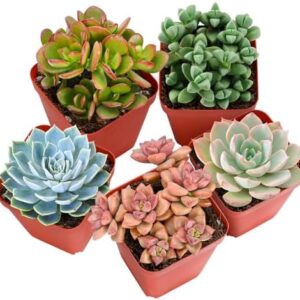Rummaging through your trash may not sound like the most glamorous activity, but when it comes to garden composting, it can truly be a game-changer. Turning trash into treasure is not just a catchy phrase – it’s a sustainable practice that can benefit both your garden and the environment in numerous ways.
Composting is the process of breaking down organic waste materials, such as food scraps and yard trimmings, into nutrient-rich soil that can be used to improve the health and vitality of your garden. Instead of sending these waste materials to a landfill, where they would take up valuable space and produce harmful greenhouse gases as they decompose, composting allows you to harness their natural potential and give them a new life as a valuable resource.
One of the biggest benefits of garden composting is the positive impact it can have on the environment. By diverting organic waste from landfills, where it would generate methane – a potent greenhouse gas with a much higher global warming potential than carbon dioxide – you can help reduce your carbon footprint and mitigate the effects of climate change. Composting also helps to enrich the soil, improve water retention, and promote biodiversity, creating a healthier and more resilient ecosystem in your own backyard.
But the benefits of composting go beyond environmental stewardship – they extend to your garden as well. Compost is often referred to as “black gold” for good reason: it is a nutrient-rich amendment that can improve the structure, fertility, and overall health of your soil, leading to healthier plants, higher yields, and a more vibrant garden. By adding compost to your garden beds, you can enhance the availability of essential nutrients, improve soil texture and drainage, and promote beneficial microorganisms that support plant growth and resilience.
In addition to its soil-building properties, compost also helps to suppress weeds, reduce the need for chemical fertilizers and pesticides, and conserve water – all of which can save you time, money, and effort in the long run. By recycling and repurposing organic waste through composting, you can create a closed-loop system that minimizes waste, maximizes resources, and fosters a more sustainable and self-sufficient approach to gardening.
Composting doesn’t have to be complicated or time-consuming – in fact, it can be a simple and rewarding process that anyone can do. To start composting in your own garden, all you need is a designated bin or pile, a mixture of “browns” (such as dry leaves, straw, and newspaper) and “greens” (such as fruit and vegetable scraps, coffee grounds, and grass clippings), and a little bit of patience as nature works its magic.
Layering organic materials, keeping your compost moist and aerated, and turning it occasionally to speed up decomposition are all key steps to successful composting. With a little bit of effort and attention, you can transform your kitchen scraps and yard waste into a valuable resource that will nourish your garden and reduce your environmental impact at the same time.
So, the next time you find yourself throwing away food scraps or garden trimmings, consider the alternative: turning trash into treasure through the simple and sustainable practice of garden composting. Not only will you be helping the environment and improving the health of your garden, but you’ll also be reaping the rewards of richer soil, healthier plants, and a more abundant harvest in the seasons to come. Composting is a small but meaningful way to make a big difference – one bucket of scraps at a time.






